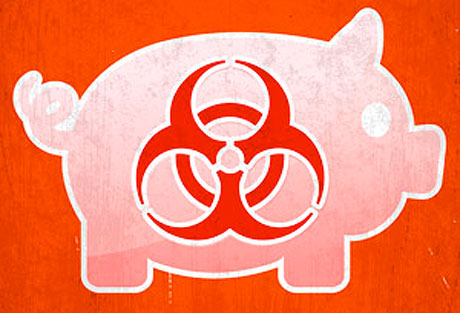WEEKEND JOURNAL: "Pride and Power: Russia is caught between continents and haunted by its past," by Richard Pipes, Wall Street Journal, 22-23 August 2009.
Great stuff from the grand old man. I took his imperial Russia history course at Harvard as a grad student, and he was imposing from start to finish, but a brilliant lecturer. You never felt cheated in his class.
Points offered here are well taken: Biden's statements about Russia facing severe demographic pressures, their "withering economy," a fragile banking sector--all weaknesses that make Russia less than important as a global player, are all correct and gratuitous at the same time.
Russia's primary importance, Pipes notes, is its sprawling location. By definition, it's a global power if a weak one now. That loss of stature from the Cold War still infects most thinking in Moscow, thus the obsession with the imagery of a great power and sharp reactions whenever that illusion is questioned by outsiders.
Medvedev, to his credit, actually describes Russia's problems with some accuracy: "Russia needs to move forward and this movement so far does not exist. We are making time and this was clearly demonstrated by the crisis . . . as soon as the crisis occurred, we collapsed. And we collapsed more than many other countries."
The biggest issue, like with China, is official corruption. The second is the pervasive depoliticization of the populace: they've never really had any experience picking their own leaders over the past 1,000 years. That fend-for-yourself mentality pervades the political system and its foreign policy. All citizens want from the state is order, and what they miss most about the Soviet past was that it preserved Russia's contiguous empire beyond that of any in Europe or Asia.
Russians have no idea who they are today: they don't feel either European or Asian. Eventually, they'll come to some conclusion about what sitting between those civilizations means in terms of identity.
So patience and care is required.
Very nice piece by Pipes.
 Monday, September 7, 2009 at 4:25AM
Monday, September 7, 2009 at 4:25AM 











